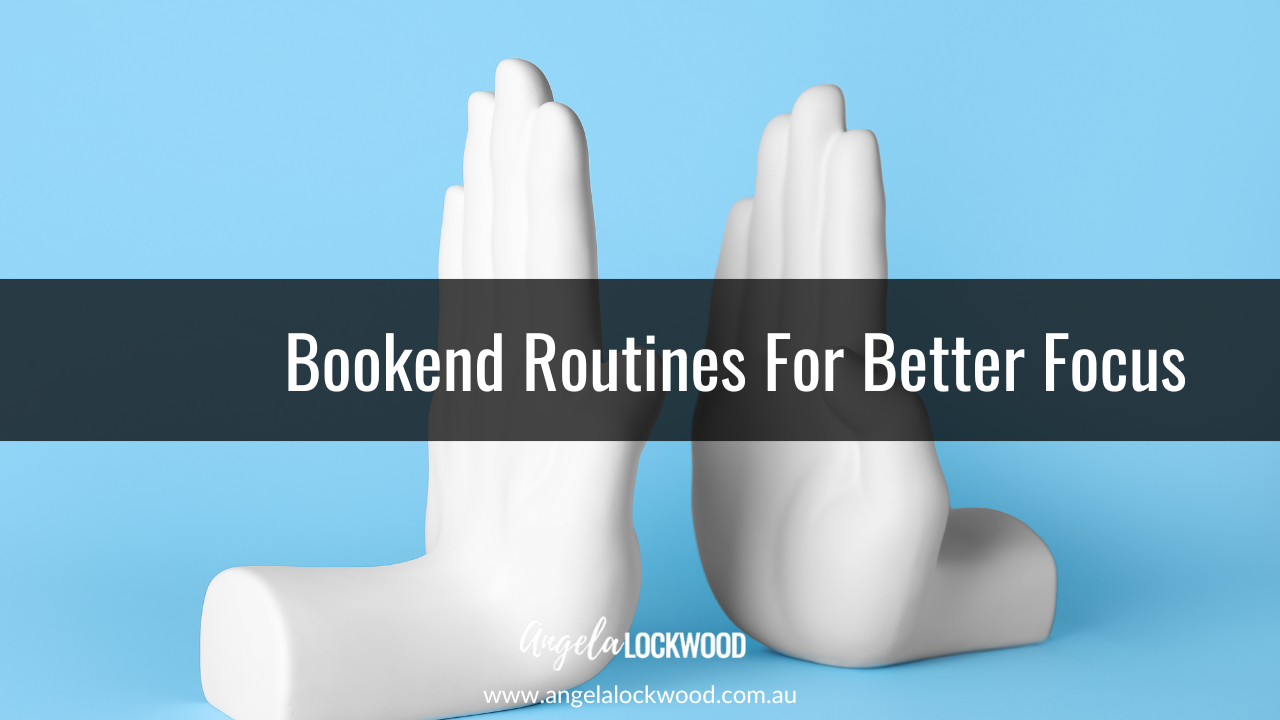Building Confidence in kids
Mar 12, 2022
I would say I was a confident kid, not overly confident but I knew if I tried things and failed it wasn't the end of the world. This I know came as a direct outcome of the feedback and input I had from my parents and my siblings. I grew up in a household where we were encouraged to try new things, stretch boundaries, and as I write about in my book "The Power of Conscious Choice" I was constantly surrounded by books written to inspire, challenge, and motivate, books like "Think and Grow Rich" by Napoleon Hill, "Tuesday's with Morrie" by Mitch Albom and a book that changed my life, "The Choice" by Og Mandino. I knew then and still see very clearly now that I was fortunate to grow up in an environment that fostered my sense of self and boosted my confidence. I remember every night as a family we would sit around the dinner table, TV off in the room next door, sharing the highs and lows of our days.
My siblings and I were encouraged to support each other, celebrate successes and learn together from the low times. To others, we may have been seen as sheltered from the 'realities' of life but I am so grateful for that sheltering as it created a confidence in me that anything is possible.
I know now that this environment is not what many kids grow up in and I see through my work in schools and working with parents that a lack of confidence can be debilitating for kids, it can stop them from stepping out of their comfort zone, from speaking up in class, from making friends, from participating in school experiences and at times from trying at all. Through this, I see talented kids with so much potential start to get stuck as early as their first year of school.
A common recommendation in reports provided by therapists is "(Child) responds well to positive reinforcement". This means providing the child with words of encouragement about their performance of a particular task. For example "I really like how you stayed in the lines when colouring" or "I can see you are trying really hard to sit still on the carpet". This specific and positive feedback is a way to encourage children to keep doing that behaviour and it boosts their confidence knowing they are on the right track. The truth is that all kids respond well to positive reinforcement no matter their needs. Adults and kids respond well to positive reinforcement, albeit some like and need it more than others. It can be heartbreaking when you know a child has so much to offer but their confidence or lack of confidence is stopping them.
Some signs a child that might be feeling low in confidence can include;
-
Saying negative things about themselves. This is often the most obvious signal that a child is lacking confidence in themselves. They might say "I'm stupid", "I am so dumb at this", "I can never do this".
-
Avoiding challenges or experiences for fear of failing. Not trying a new or even a familiar task performed differently is a sign a child is lacking confidence as they do not want to fail and so opt to not do the activity even if they may succeed. The fear of failing outweighs the possibility of success.
-
Joking about themselves in a negative way. This is often mistaken as a child just being funny or modest however this is a sign of low confidence. It might be as obvious as saying "I am such as idiot" while giggling.
-
Not accepting compliments. Many adults have difficulties accepting compliments not just kids. An example of this is an adult complimenting a child on solving a difficult math question and a child responding with "It wasn't that hard" … the adult version … "I like your dress", the response "This old thing".
-
Being overly upset by criticism. We all know we are not the best all of the time and we do not get everything right all of the time. For children who have low confidence a comment provided by a teacher or parent showing where they could do better is met with tears, screaming, or withdrawal. I have seen children who when a teacher has asked a child to go back and check their work, let out a loud sigh and proceed to crumple up the paper and throw it in the bin.
If you have a child that displays any of these behaviours it is never too late to support them to build their confidence. Here are a few places for you to start from;
1. Provide encouragement. Kids thrive on lots of encouragement and positive feedback when a new skill is being learnt. It doesn't mean a party happens when they learn to write a number but a high-five, an "I'm proud of you", a thumbs up, or even an "I bet seeing your work makes you feel good" can go a long way in building confidence.
2. Build relationships. Build a good relationship with your child's teachers to find out how your child is going either through attending parent-teacher interviews or even through an informal message to the teacher in your school's communication app. Open communication with your child's school can help to identify any issues before they become too big.
3. Foster communication. Linked very closely with relationships, having an open, caring, and non-judgemental relationship with your child is the most important. They need to know they can come to you no matter how small or big their concerns and problems. Through these discussions, you can then provide strategies or just allow them to vent to help them build their resilience so they know what to do next time.
4. Lead by example. Children watch us like hawk. They may not always listen but they are always watching our behaviours. As a parent, if you are doing activities with a negative attitude or putting yourself down then our kids are learning this too. Making comments like "I look ugly", "I am so dumb" or telling our partner these things, even if 'joking' tells our kids this is ok. Talk your kids through your challenges (age appropriately) and what strategies you took on to help you work through them. Even making comments like "This is so hard, but I've got this" shows out kids things aren't always easy but we get through them. These are great conversations to be had when tucking them into bed at night, when reading them a book or as a family at dinner.
Our kids deserve to feel optimistic and confident to step forward and be their best. Together let's create an environment where they can take risks, step out of their comfort zone and try new things knowing they have our support every step of the way.
If your child experiences low confidence to the point it is causing depression and anxiety, eating disorders, social withdrawal, or substance abuse you must consult a qualified health professional to support your child.
By the way you are awesome 😉
![]()






